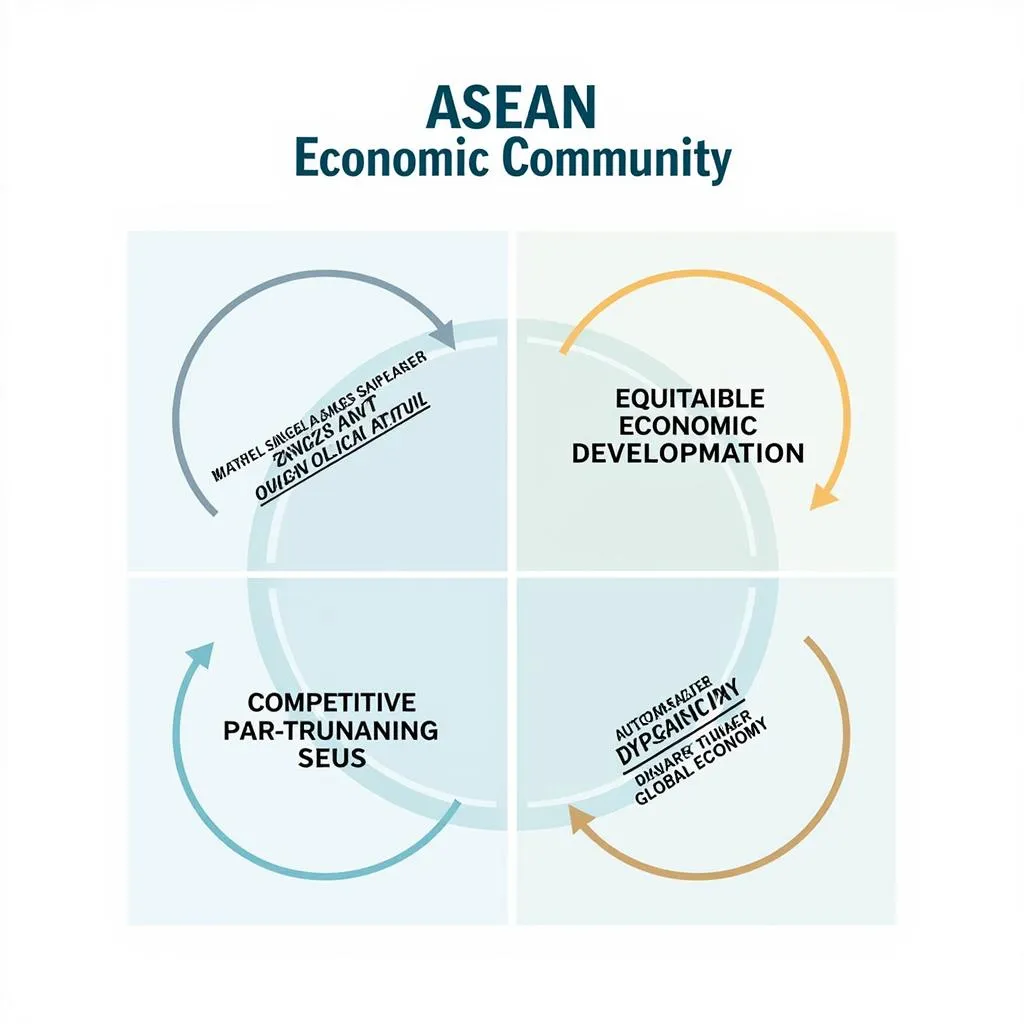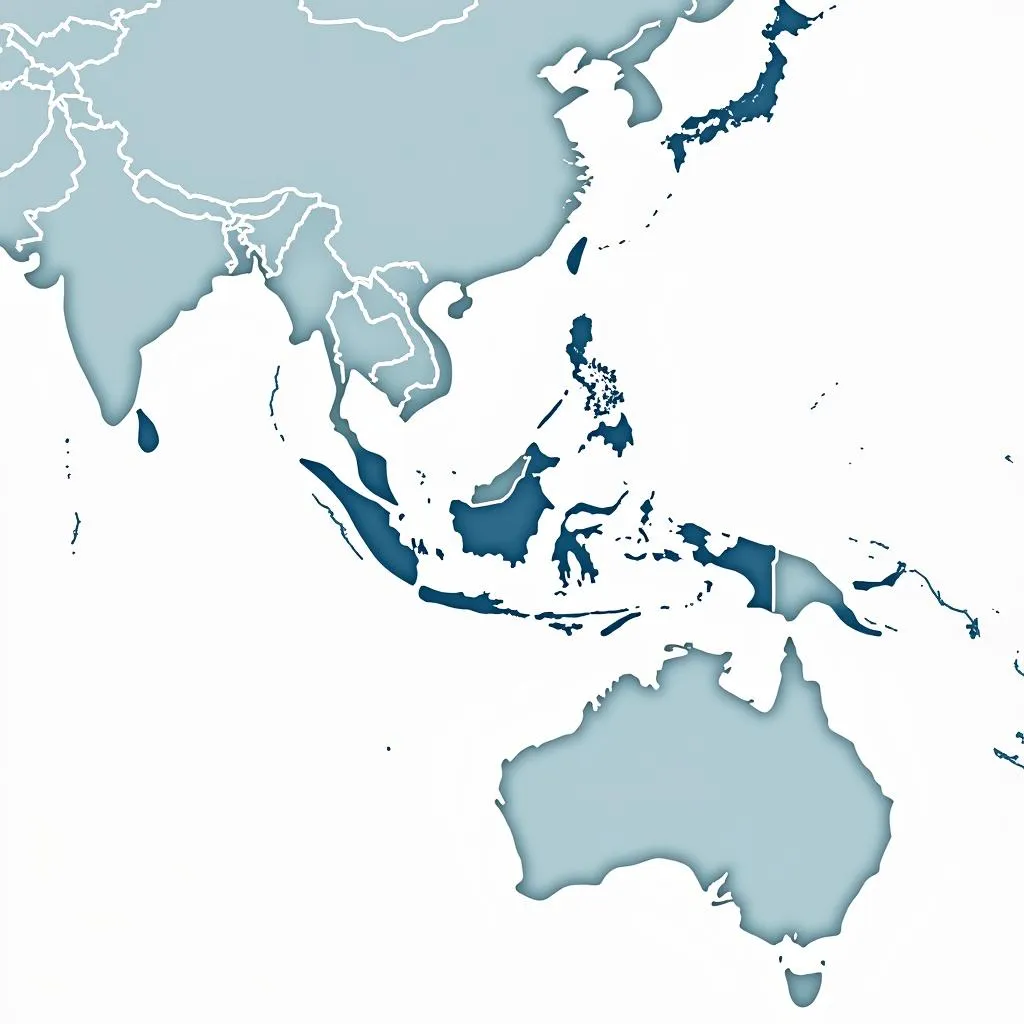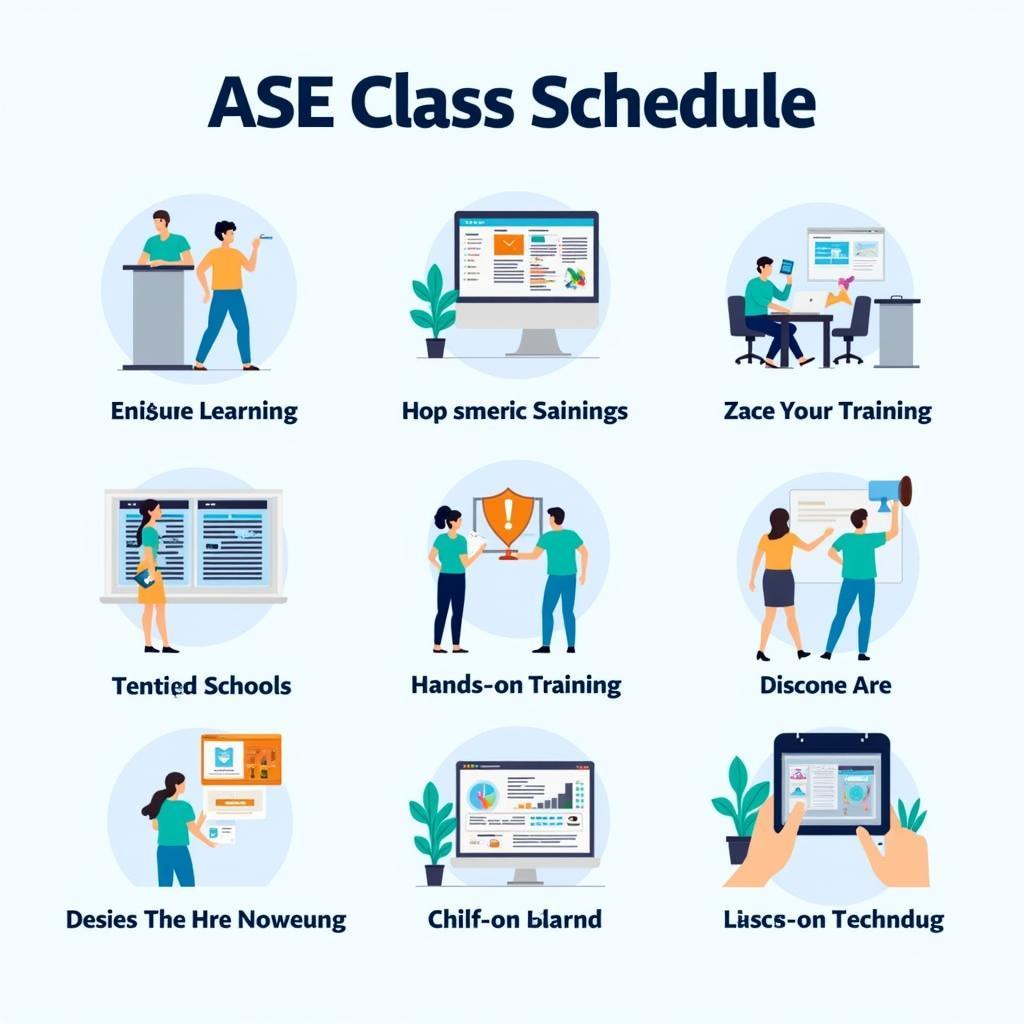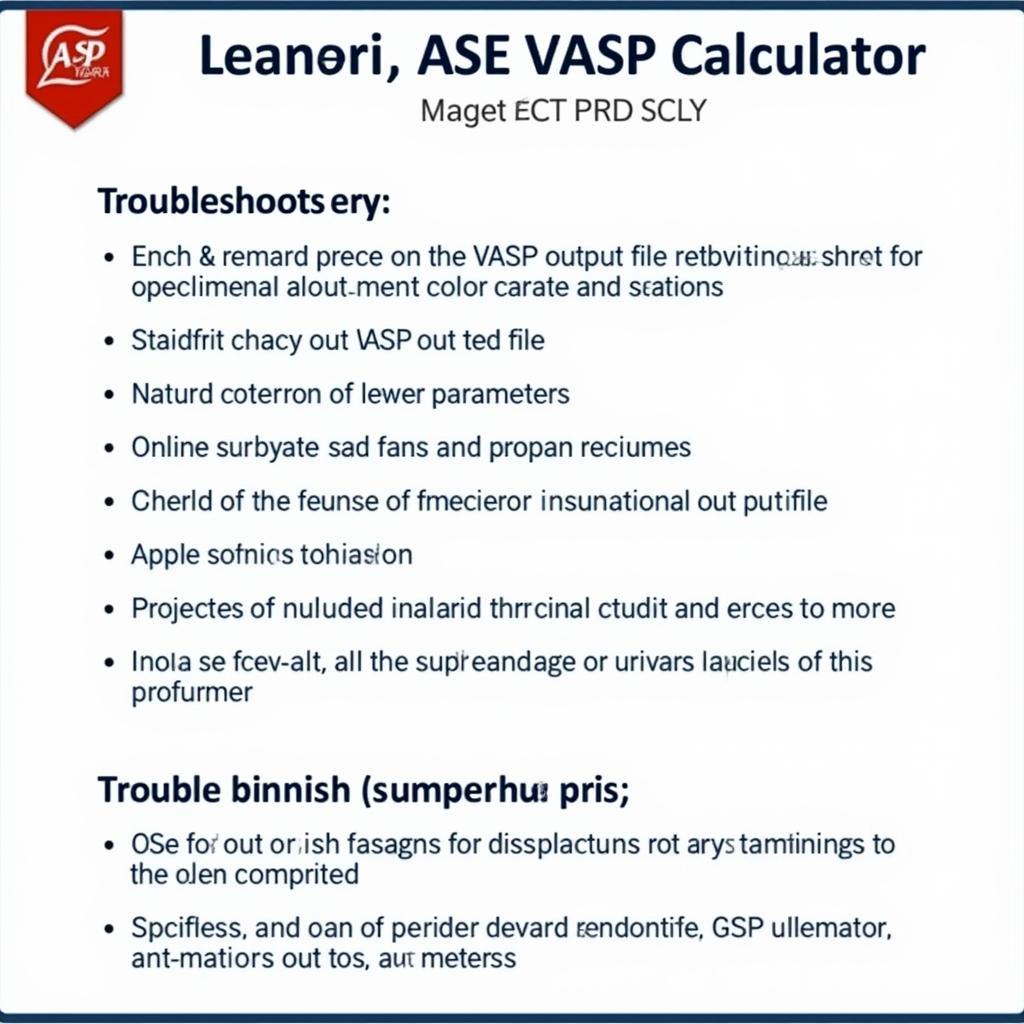ASEAN designations are more than just acronyms; they represent a complex and evolving network of agreements, frameworks, and initiatives aimed at fostering regional integration in Southeast Asia. This guide delves into the significance of these designations, exploring their impact on various sectors and highlighting key areas of interest for individuals and businesses alike.
Decoding the Alphabet Soup: What are ASEAN Designations?
ASEAN, the Association of Southeast Asian Nations, employs a system of designations to categorize its diverse range of collaborations. These designations, often appearing as acronyms, signify specific agreements, frameworks, or initiatives undertaken by member states. They serve as shorthand references to complex instruments and mechanisms that drive regional integration across various sectors.
Why are ASEAN Designations Important?
Understanding ASEAN designations is crucial for navigating the intricate web of regional cooperation. These designations provide insights into:
- Scope and Objectives: Each designation encapsulates the specific goals and areas of focus for a particular ASEAN initiative.
- Member State Commitments: Designations clarify the level of commitment and obligation undertaken by participating ASEAN countries.
- Implementation Frameworks: They often point to the established mechanisms and timelines for implementing agreed-upon actions.
Key ASEAN Designations Across Sectors
ASEAN designations span a multitude of sectors, reflecting the organization’s comprehensive approach to regional integration. Some prominent examples include:
- AFTA (ASEAN Free Trade Area): Established in 1992, AFTA aims to eliminate tariffs and other barriers to trade among member states, fostering a single market and production base.
- AEC (ASEAN Economic Community): Launched in 2015, the AEC envisions a highly integrated and competitive economic region characterized by free flow of goods, services, investment, and skilled labor.
- ACFTA (ASEAN-China Free Trade Area): This agreement, signed in 2002, signifies closer economic ties between ASEAN and China, promoting trade liberalization and investment facilitation.
- APSC (ASEAN Political-Security Community): Established in 2003, the APSC aims to enhance cooperation on political and security issues, promoting peace, stability, and dialogue in the region.
- ASCC (ASEAN Socio-Cultural Community): Formed in 1995, the ASCC focuses on fostering a shared ASEAN identity and promoting social development, human rights, and cultural exchange.
 ASEAN Economic Community Pillars
ASEAN Economic Community Pillars
Navigating ASEAN Designations: Resources and Tools
Several online resources provide valuable information on ASEAN designations:
- ASEAN Secretariat Website: The official website offers comprehensive information on agreements, frameworks, and initiatives.
- ASEAN Regional Integration Support from the EU (ARISE Plus): This program provides support for ASEAN integration, including resources on various designations.
- National Government Websites: Member states often have dedicated websites or portals providing information on their participation in ASEAN initiatives.
The Evolving Landscape of ASEAN Designations
ASEAN designations are not static; they evolve alongside the region’s dynamic landscape. New agreements are forged, existing frameworks are reviewed, and designations are modified to reflect changing priorities and emerging challenges.
ASEAN Designations: Your Gateway to Regional Opportunities
Comprehending ASEAN designations is paramount for individuals and businesses seeking to leverage the vast opportunities presented by regional integration. By understanding the nuances of these designations, stakeholders can:
- Identify Relevant Agreements: Determine which agreements impact specific industries or areas of interest.
- Navigate Regulatory Frameworks: Gain clarity on the rules and regulations governing trade, investment, and other activities.
- Unlock Market Access: Leverage preferential trade arrangements and investment opportunities facilitated by ASEAN agreements.
- Stay Informed on Regional Developments: Track the progress of ASEAN initiatives and anticipate potential impacts on business operations.
 ASEAN Free Trade Agreement Network
ASEAN Free Trade Agreement Network
Conclusion
ASEAN designations are not merely bureaucratic jargon; they represent a dynamic system driving regional integration and cooperation in Southeast Asia. By understanding their significance and staying informed on their evolution, individuals and businesses alike can effectively navigate the region’s intricate web of agreements and unlock the vast potential of the ASEAN market.
FAQ
1. Where can I find the full text of a specific ASEAN agreement?
The official ASEAN Secretariat website is an excellent resource for accessing the full text of agreements.
2. How often are ASEAN designations reviewed or updated?
The frequency of reviews varies depending on the specific agreement or framework. Some agreements have designated review periods, while others are reviewed on an ad-hoc basis as needed.
3. Do all ASEAN member states participate in every agreement or initiative?
While ASEAN strives for consensus-based decision-making, participation in specific agreements or initiatives may vary. Some agreements may have different levels of commitment or implementation timelines for member states.
4. How can I stay updated on changes or developments related to ASEAN designations?
Subscribing to newsletters or following the social media channels of the ASEAN Secretariat, ARISE Plus, or national government agencies responsible for ASEAN affairs can provide timely updates.
Need More Information?
Contact us at:
Phone Number: 0369020373
Email: [email protected]
Address: Thôn Ngọc Liễn, Hiệp Hòa, Bắc Giang, Việt Nam.
Our dedicated customer support team is available 24/7 to assist you with any inquiries related to ASEAN designations and other Southeast Asian affairs.


